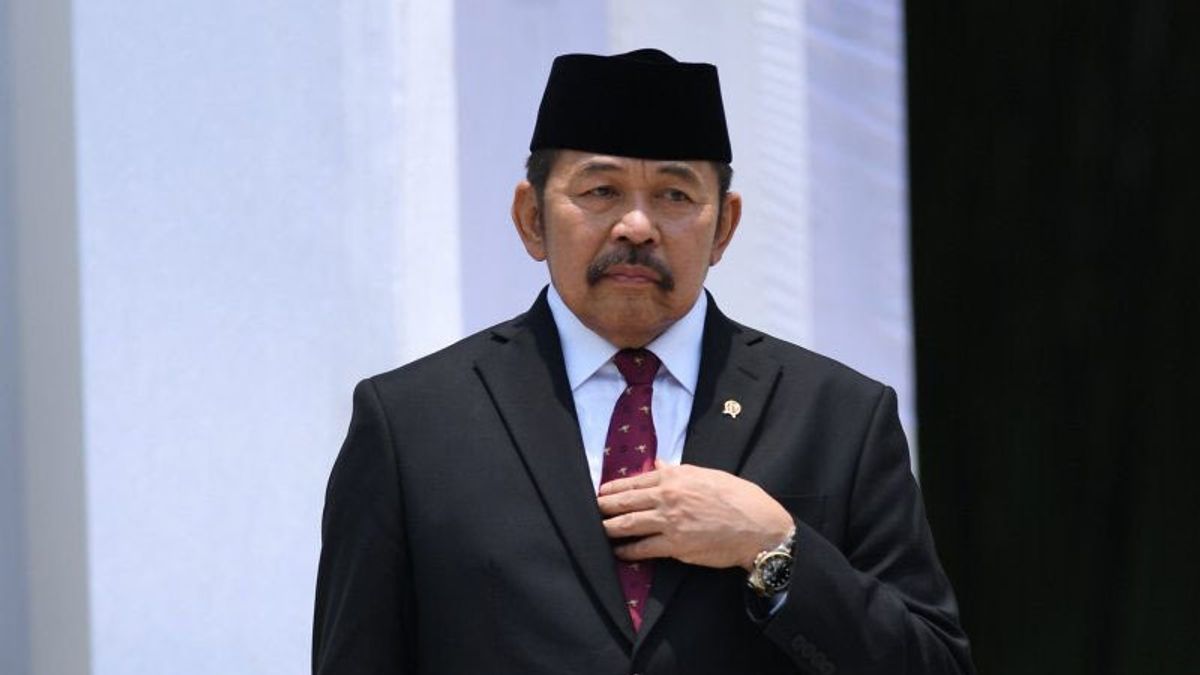JAKARTA - Attorney General ST Burhanuddin reminded that there are a number of problems that should be observed and watched out for in the application of the death penalty for corruptors.
"First, the death penalty can only be applied to Article 2 of the Corruption Eradication Law," said ST Burhanuddin as quoted by Antara, Thursday, November 18.
In fact, he said, the types and modes of criminal acts of corruption committed by a person are very numerous and of course detrimental to the state's finances.
The second problem that needs to be observed is the limitation of special conditions in certain circumstances, so that the death penalty can only be imposed on corruptors regardless of how much loss the state has as the main parameter.
In this section, the Attorney General compares with the implementation of Law Number 35 of 2009 concerning Narcotics where every criminal offender can be subject to the death penalty by looking at the parameters of how many narcotics the perpetrators are.
"The question is, why do not apply the same parameters in corruption crimes," he said.
According to the Attorney General, in applying the threat of the death penalty for perpetrators of corruption crimes, the parameters of how much state losses were inflicted by the perpetrators should be used.
The absence of these parameters in the Law on the Eradication of Criminal Acts of Corruption means that many corruptors cannot be sentenced to the death penalty, even though they have cost billions to trillions of rupiah of public money.
"So the death penalty cannot be imposed as long as there are no special conditions under certain circumstances as stipulated in Article 2 paragraph 2 of the Corruption Eradication Act," said ST Burhanuddin.
Furthermore, the interpretation of the "phrase under certain circumstances" in the explanation of Article 2 paragraph (2) of the Law on the Eradication of Criminal Acts of Corruption also needs further scrutiny. Because, according to him, it is still not clear.
In the end, the phrase in certain circumstances can lead to multiple interpretations by involving many experts. This situation can actually be misused for the benefit of certain parties.
Fourth, the legal instrument in the form of a review (PK) can be requested more than once.
Meanwhile, based on the decision of the Constitutional Court (MK) has determined that the PK provisions may only be one time as stipulated in Article 268 paragraph 3 of the Criminal Code.
The fifth point to be aware of is that there is no time limit for applicants for clemency requesting a court decision.
The English, Chinese, Japanese, Arabic, and French versions are automatically generated by the AI. So there may still be inaccuracies in translating, please always see Indonesian as our main language. (system supported by DigitalSiber.id)













